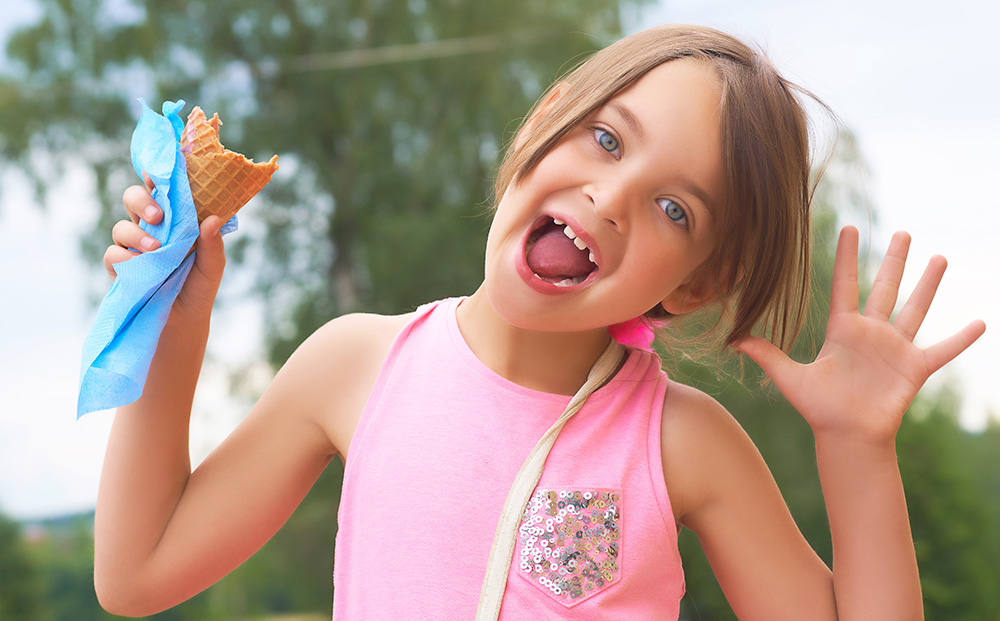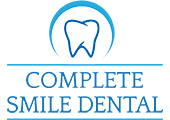If your young child touches everything within reach, and then goes ahead and sticks their fingers into their mouth or something similar, then you are not alone.
One of the first priorities of any parent is to keep their kids clean and free from germs such as bacteria and viruses. However, infants, toddlers and preschoolers are often more vulnerable to infections simply because they are more likely to put foreign objects into their mouths with dirty hands.
Kids’ immune systems do need to be challenged so that they develop a strong ability to resist disease. However, it is important to restrict the entry of germs so that the immune system can run more smoothly. That’s why you need a prevention plan to help keep your family free of germs, infection and disease.
The following 4 steps can be utilised by parents to help build healthy oral and personal hygiene habits in their kids:
- Identify how the germs are getting in
Germs don’t have magical abilities to enter the human body. They are actually easy to predict as long as you can identify what method of entry they may take – such as through the air (coughs and sneezes), via bodily fluids (sweat, saliva or blood) and from contaminated objects. The entry points into the body may be the mouth, nose, eyes, ears and broken skin.
- Teach your child about the consequences of germs
If kids don’t understand why they have to wash their hands or brush their teeth, they won’t make the connection between, for example, poor hygiene habits and getting sick. So it is important to explain to your child what the short and long term effects are, when they don’t follow a proper hygiene habits.
- Show your child the basics of good oral and personal hygiene
Now that you have explained to your child why personal hygiene is so important, you have to start showing them how to do it.
- Monitor, remind and support your kids hygiene habits
Kids forget easily, so you will need to monitor their efforts, and remind them here and there – to keep them on track. Always praise or reward their efforts, and try being a good role model yourself. If you make sure they can see you washing your hands after the toilet or brushing your teeth before bed now and again, you’ll reinforce their own behaviour. Remember that it takes about 3 months to turn a new habit into true habit for life!

As far as oral health goes, establish good toothbrush and brushing habits early. Remind your kids to wash their hands before brushing, and to rinse and shake dry their toothbrush after use. Make sure their toothbrush remains upright in their toothbrush holder, and out of contact with other family members’ toothbrushes. And don’t ever share toothbrushes!
Reference:
Trachtenberg, J. (2007). Good kids, bad habits: The RealAge guide to raising healthy children. New York: Collins.


